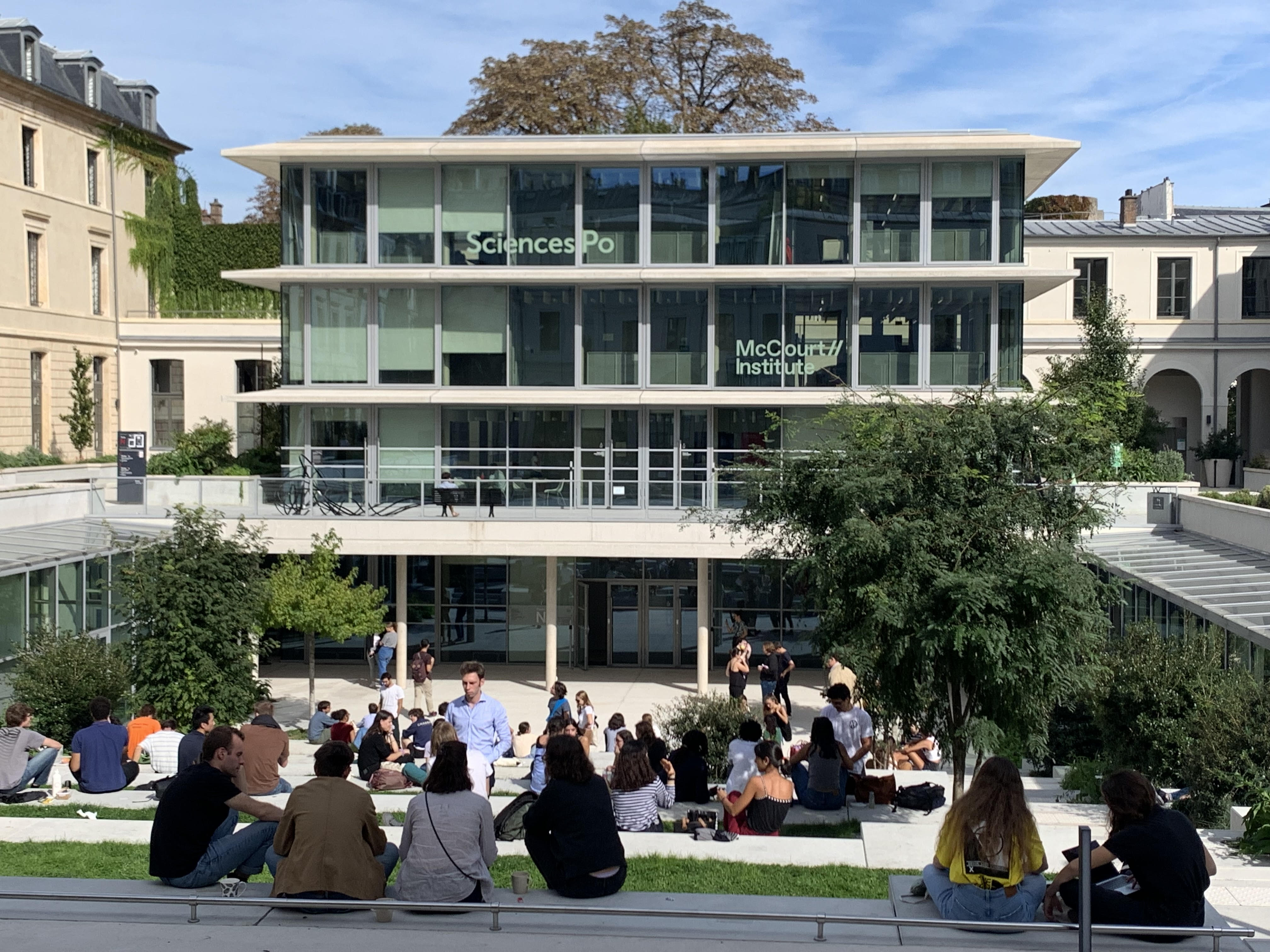GAME CHANGER? Planning for just and sustainable urban regions
Paris, Sciences Po, 1 place St Thomas
Dear AESOP Community! The Urban School and the CEE (Centre d'études européennes et de politique comparée) of Sciences Po are happy to invite you to Paris on July 8-12, 2024, weeks before the Olympic Games for the 36th AESOP Annual Congress 2024.
The congress's main theme, "GAME CHANGER? Planning for just and sustainable urban regions", questions the global narrative of large events and internationalisation strategies, even more so when the ecological transition is at stake. Scholars have critically assessed the impacts of international events like the Olympic Games, pointing at the enduring social inequalities and the impacts of major infrastructural works on the environment of the metropolitan region of Grand Paris.
Laudably, the project for Paris' Olympic intends to foster a fully sustainable approach and a regeneration perspective. Nevertheless, Paris's region is home to the country's most significant economic strengths and the greatest social inequalities.
Hence, the question of what is a real game-changer: the answer becomes crucial in the context of a frugal approach to development, and the history of previous Games, like the 1968 Winter Olympic Games of Grenoble, may help to clarify.
We are glad to announce the Keynote speakers at the opening ceremony on 8 July 2024 on "Paris' transition strategies":
- Emmanuel Grégoire, premier adjoint Mairie de Paris, en charge de l'urbanisme, de l'architecture et du Grand Paris;
- Sabine Barles, Professeure des universités en Aménagement de l'espace, Paris Sorbonne;
- Claire Colomb, Professor of Land Economy, Cambridge University;
- Michael Storper, Distinguished Professor of Regional and International Development in Urban Planning, UCLA.
Save the dates and see you in Paris; please await further news about abstract submission!
https://www.sciencespo.fr/ecole-urbaine/fr/
https://www.sciencespo.fr/centre-etudes-europeennes/fr.html
Marco Cremaschi, Professor of Urban planning and Scientific Director of the Master « Cycle d'Urbanisme », Chair of the Conference Local Organising Committee
PS. Please note that Paris is perhaps the most easily accessible European city by train: from many cities, at least Amsterdam, Barcelona, Brussels, Frankfurt, Geneva, Kaiserslautern, Köln, London, Milan, Münich, Turin, Vienna, and soon Berlin, a direct train will take you in a few hours to the heart of the capital.
The LOC has signed several agreements with hotels, student houses and hospitality facilities for researchers already, and others will add, at more than affordable prices despite the season. Nevertheless, we recommend to book as soon as possible.


